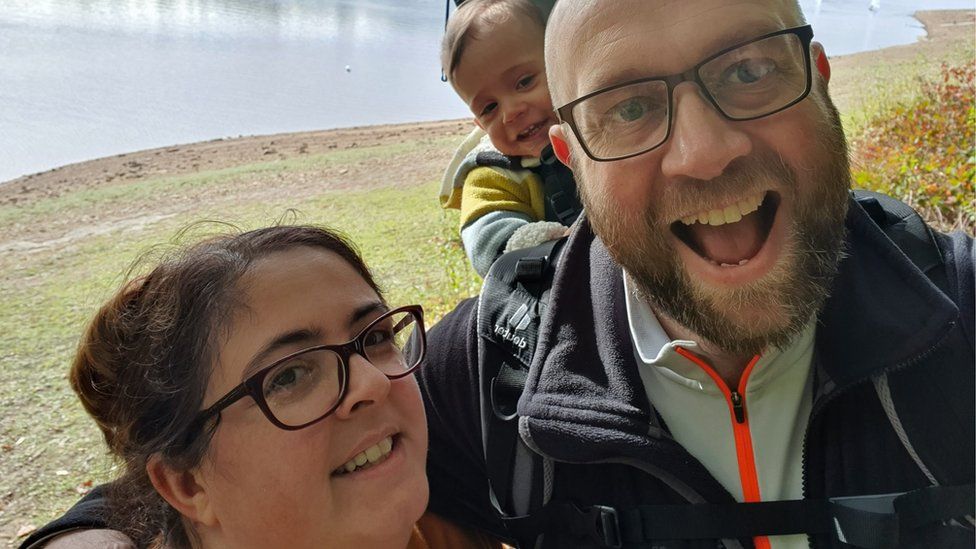Blood
Sheffield woman died in surgery to remove blood clots
A woman died during an operation to remove blood clots from her brain just days after complaining of “migraine-like” symptoms, an inquest has heard.
Natasha Hewitt, 35, from Sheffield, died in surgery in 2022.
A coroner heard she had been diagnosed with a suspected ear infection on 14 December, but two days later a CT scan revealed multiple blood clots. She died in the early hours of 18 December.
The inquest at Sheffield’s Medico-Legal Centre continues.
On Thursday assistant coroner Marilyn Whittle heard Mrs Hewitt had a history of blood clots.
The inquest was told that while pregnant with her son in July 2021 a blood clot had been discovered adjacent to the placenta and she had undergone an emergency caesarean.
The following month, she also received hospital treatment for a blood clot on her lung.

The coroner was told that Mrs Hewitt’s symptoms had begun on 8 December 2022 when she began to feel unwell and complained of back pain.
After suffering from a headache on 11 December, Mrs Hewitt called her GP who advised her to visit a walk-in centre.
Her “migraine-like” symptoms worsened and she began to struggle to stand up without feeling dizzy and lightheaded, her husband, Nick, told the hearing.
She attended the walk-in centre on 14 December, where she was prescribed antibiotics and painkillers for a suspected ear infection.
However, Mr Hewitt said his wife’s condition deteriorated and she started vomiting the next day.
He called an ambulance on 16 December and his wife was taken to hospital where CT scans revealed she had multiple blood clots on her brain and she was transferred for specialist surgery.
Consultant neurologist Professor Sivaraman Nair, said it had been difficult to ascertain when the blood clots had developed but said it was “more likely than not” that it had been six days prior to her admission.
Surgeons first attempted to remove some of the blood clots, but when her condition did not improve they tried to relieve pressure on her brain by removing part of her skull.
Mrs Hewitt died in surgery just before 01:00 GMT on 18 December.
Dr Rhona Maclean and Prof Nair both gave evidence to the inquest to say that if anticoagulants had been prescribed on 14 or 15 December, “the outcome would’ve been different”.
Dr Maclean added: “I think it likely, should she have started anticoagulation on 14 December, it would’ve been effective.
“The majority of patients put on anticoagulation admitted to hospital make a good recovery.”
In court, Mr Hewitt thanked Professor Nair for his efforts in trying to save his wife.
The inquest continues.

Follow BBC Yorkshire on Facebook, X (formerly Twitter) and Instagram. Send your story ideas to [email protected].
Related Topics
- Sheffield
Related Internet Links
-
HM Courts & Tribunals Service

